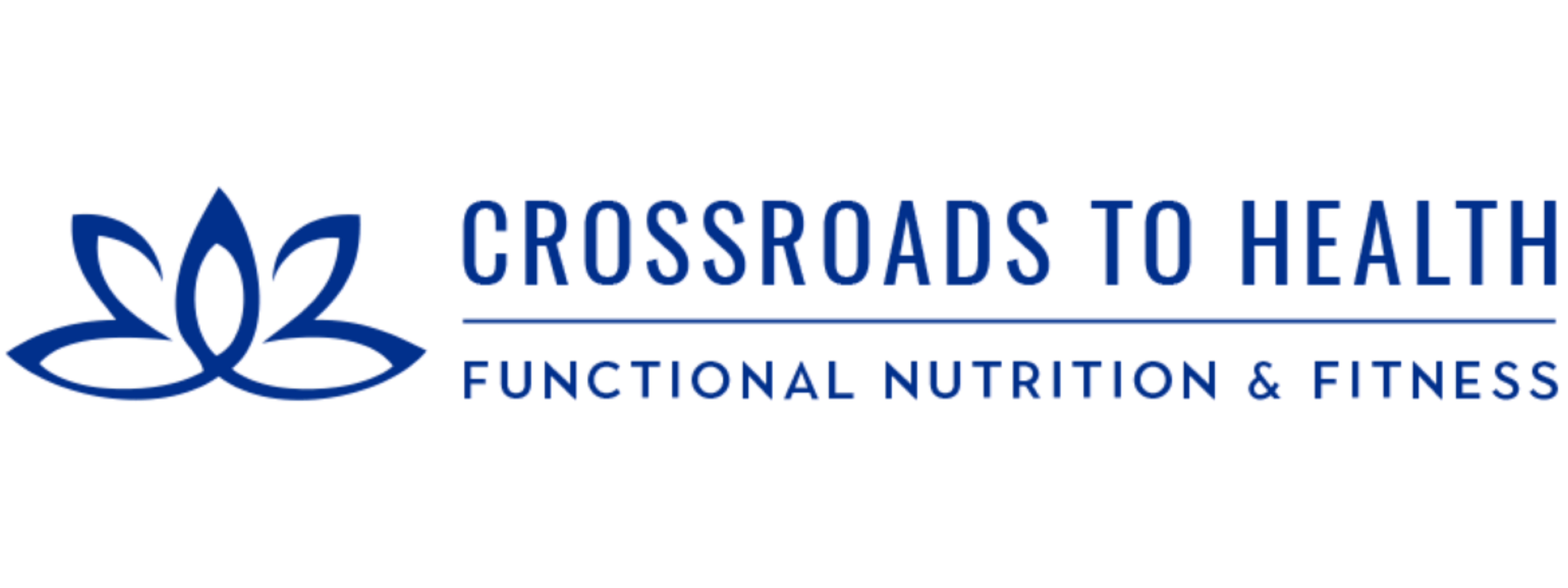The Fatigue Weight Gain Connection
If you're dealing with an energy crisis and trying to lose weight you know how hard it is. There's nothing more important that will have a direct impact on your ability to lose weight than your energy. Sub par energy shows up in many ways but they can all be summed in this way: one takes shortcuts because of the lack of energy. Shortcuts mean you take the easy way, the convenient way instead of putting the time in that it takes. This affects many aspects needed to lose weight such as putting the time in to plan and cook a good meal and taking the time to have a productive workout. When one is lacking in energy they conserve to get through the day, instead of taking on more. You know the feeling when you're dragging through the day or need another cup of coffee, the last thing you want to do is exercise. That's why it's crucial to bolster sagging energy first before trying to lose weight.
Where to Look if You Need More Energy
Where to Look if You Need More Energy
- Sleep-are you getting 7-8 hours a night?
- Check bloodwork and rule out anemia, underactive thyroid and possible infections
- Look at stress levels and consider doing a saliva cortisol panel to assess adrenal function
- Look at nutrient deficiencies-common deficiencies include magnesium, b-complex vitamins and vitamin C
- Assess blood sugar levels-are you steady throughout the day or do you have swings, are you craving sweets which is a sign of imbalanced blood sugar
- Consider doing functional testing to uncover the root of poor energy. Organic acids is an excellent test which gives great information. To learn more about this test click here
- Look at what you are eating-how much processed food vs whole food, are you getting enough protein which can also impact energy levels
- B-complex vitamins-B vitamins help convert the food you eat into energy. Especially important is B-5 pantothenic acid which helps make adrenal hormones. B12 and B6 are also crucial and will impact energy if deficient.
- Vitamin C-the adrenal glands use up 97% of vitamin C and those with high stress levels are using it right up. Vitamin C is also an important co-factor for those with low adrenaline levels (epinephrine)
- Adaptogenic herbs-adaptogens have been used for many years to help improve stress adaptation and increase energy. Examples of adaptogens include ginseng, rhodiola, ashwagandha, licorice and more. These herbs support cortisol balance which is very important for those trying to lose weight
- Magnesium-magnesium supports the nervous system and is often used for those with high stress and tight/ tense muscles. Magnesium also plays a role with energy and is often deficient as it's estimated up to 70-80% of the population is considered low in this mineral.

